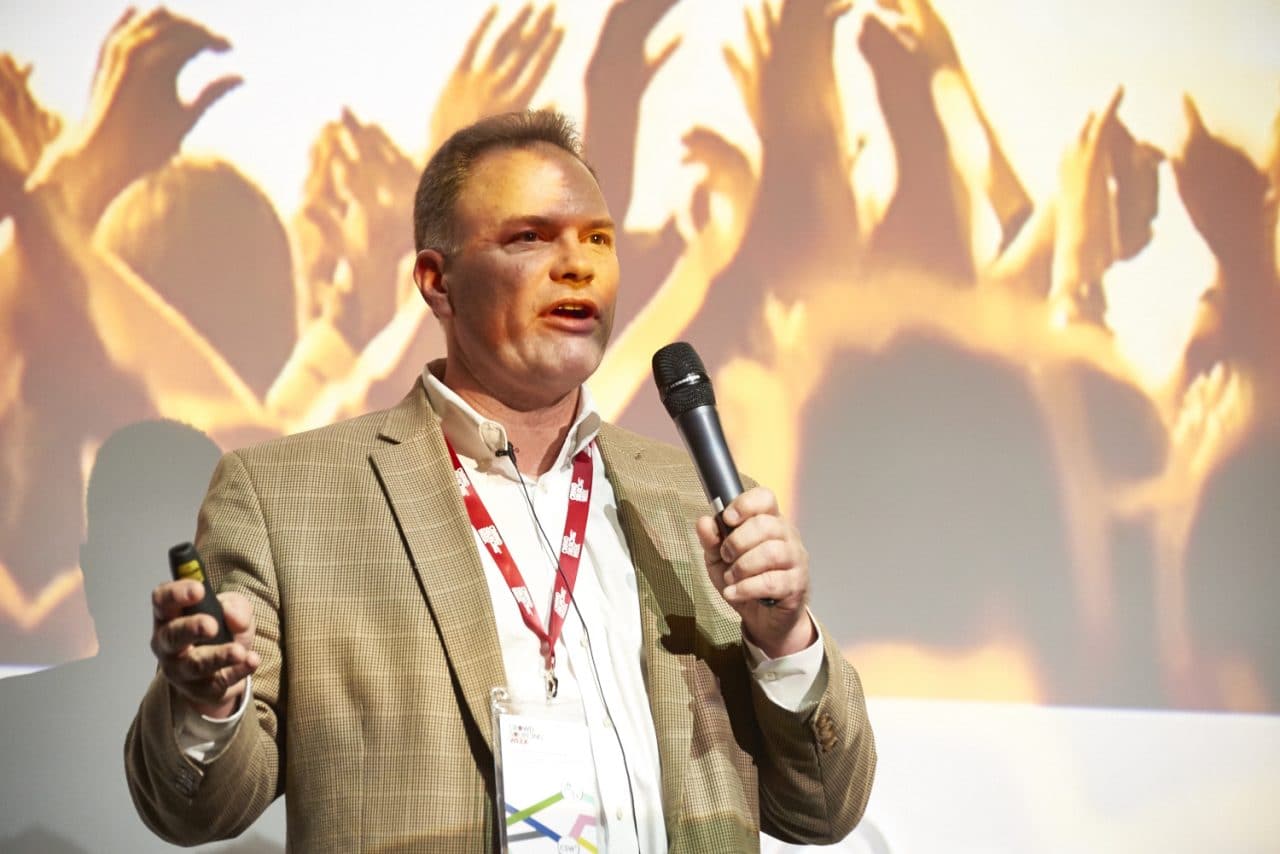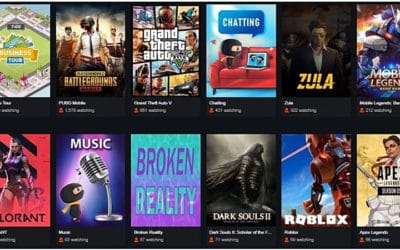The historic setting of the Regent Street Cinema in London witnessed the first day of Crowdsourcing Week Global 2016, a conference dealing with massive changes in how we do business. First sessions of the morning looked at the wide picture of the changing times we are experiencing. The rate of change is unbelievable. It is expected the changes in the next 100 years will match those of the previous 20,000.
As a population we are beginning to increasingly appreciate that the planet’s resources are not limitless. A new generation in the Old World is happy to have access to what it wants or needs without the proviso of individual ownership. Hence now have a growing sharing economy. We share beds on Airbnb, our cars and time on Uber, and through crowdfunding the people with disposable income or surfeit of other assets are willing to invest it or lend it to others who want a chance to create their own business, to realise their personal potential and be able to make their contribution to the common good.
Traditional sources of business funding from banks is weighed down by regulation and compliance. Tech entrepreneurs in their 20s are developing financial tools that the banks’ C-Suite bosses don’t even understand, let alone have the vision to steer their organisations in to a future where they may embrace some of them. So the supply of funding for startups and SMEs continues to shift. In 2015 crowdfunding supported the launch of over 4,000 UK businesses.
today we are at #CSWGlobal16 @CrowdWeek learning about crowds and business. Loving in particular @innatemotion quote pic.twitter.com/ulweGJSlA5
— LetEmbrace (@LetEmbrace) April 12, 2016
The level of activity and the demand from entrepreneurs for information to increase their chances of success has led to a raft of companies collecting, analysing and providing data on the crowdfunding industry. Barry James of The Crowdfunding Centre, Emily Mackay of Crowdsurfer and Modwenna Rees-Mogg of Crowdrating were all on stage.
Equity crowdfunding platforms were represented by CEO Goncalo de Vasconcelos of SyndicateRoom. To him, the most important aspect is not the money that crowdfunding pulls in but how much is going to be paid out to investors. If the source of the money dries up because investors get disappointed or short-changed then it’s all over for everyone. His own platform reassures investors with a stringent selection of projects they host so that only two out of 77 projects funded on their platform have ceased trading. The average failure rate among new businesses is something like 90%.
Rewards crowdfunding was represented by Fanuel Dewever of the Belgian platform CrowdAngels. He identified the biggest reason for projects failing is the lack of a clear demonstrable need for the money being asked for that will allow backers to feel they have made a contribution to something significant. Issues such as easing a short-term cash flow problem are certainly important to small business owners but does not get backers queuing up to part with their money.
.@fdewever tells us to run a very well planned and prepared data-driven #crowdfunding campaign #CSWGlobal16 pic.twitter.com/Wo9xFMPuFF
— Aster van Tilburg (@Astervt) April 12, 2016
Crowdsurfer now estimate there are almost 1,800 crowdfunding platforms around the world. Between them they offer opportunities for backers to support businesses in a wide range of industry sectors, for example the platform Ethex provides investors with ethically sound opportunities. The site allows people to “invest in businesses that are changing the world for the better” and is the top social investment platform in Europe with over £30m invested so far.
New crowdfunding platforms are being launched each day as discussed by @emilymackay1 of @crowdsurfer #CSWGlobal16 pic.twitter.com/ce1ExunUoh
— Innate Motion (@innatemotion) April 12, 2016
The companies that have used crowdfunding are increasingly diverse. Even the Vatican has used crowdfunding to raise money to restore many of its art treasures, and we heard from Father Mark Haydu on how this 2,000 year old business had approached it. California-based TrackR raised over $2m in exchange for 1.5m devices for people to keep track of their possessions and retrieve them if they leave them somewhere. Mexican food restaurant chain Chilango raised a total of £5.5m, first through a mini-bond that offered interest repayments of 8% that raised £2.1m and then an equity round that raised £3.4m.
“Equity based crowdfunding is 50% rational and 50% emotional”- @ericpartaker at #CSWGlobal16 #crowdweek pic.twitter.com/r5A3WlEy2R
— Rajiv V. Basaiawmoit (@rajiv_VB) April 12, 2016
Sounds easy when the figures are trotted out so glibly, but everyone agreed that crowdfunding requires lots and lots of hard work. It isn’t charity, it isn’t easy money. About 3 in 4 projects fail to reach their target funding level. Take care out there, and stay tuned for tomorrow’s recap of CSW Global 2016 Day 3 on Smart Cities, Sharing Economy & Mobility!





0 Comments